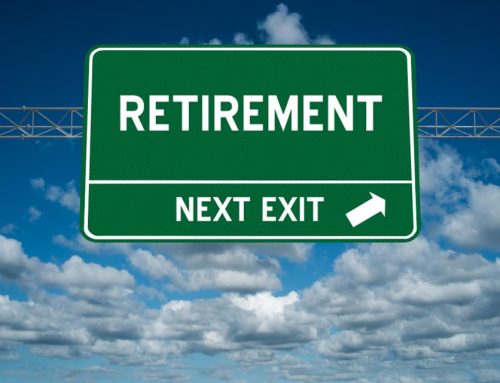In an era in which we have become accustomed to volatility, low growth, political unrest and global uncertainty, 2017 remained largely absent of too many surprises. In fact volatility on Wall Street hit its lowest point since 1993 highlighting a protracted period of market calm as US stocks continued an extended push into record territory.
We have and will continue to be subject to President Trump’s volatile personality and for a while it seemed inevitable that North Korea’s nuclear aspirations would lead to some form of conflict. However, it never eventuated and so a period of growth and consolidation ensued.
In 2017 local events included Holden ending a long era of Australian car manufacturing in October, Tesla attempted to solve South Australia’s energy problems by providing batteries to store renewable energy, Barnaby Joyce reigned supreme in the New England by-election and Labour retained power here in Queensland.
Investors were largely rewarded across the board, with strong gains in Global Shares (15.35%), Australian Shares (9.89%) and Australian Listed Property (5.46%). On the defensive end Australian Fixed Interest (4.20%) and Global Fixed Interest (2.74%) provided some reward for the additional risk above the cash rate which remarkably remained on hold at 1.5% for the entire year, and has not moved since the last rate drop in August 2016.
A2 Milk provided investors with the largest return on the ASX 200 over the year (261%), while many investors would rejoice in strong gains from the likes of BHP (22.3%), Transurban (17.7%) and CSL (22.7%). The ‘Big Four’ which account for approximately one third of the index, all declined in 2017, with ANZ the poorest performer (-5.8%). Another staple of most portfolios, Telstra, had a very poor year (-28.8%) on the back of negative news surrounding the NBN rollout.
Looking to 2018, Craig James and the team at Commsec are expecting further consolidation, with the All Ordinaries index to push toward the 6,700 range, while the dollar will continue to trade in the current range. Interest rates are unlikely to change, with inflation well controlled and not showing any signs of increasing.







